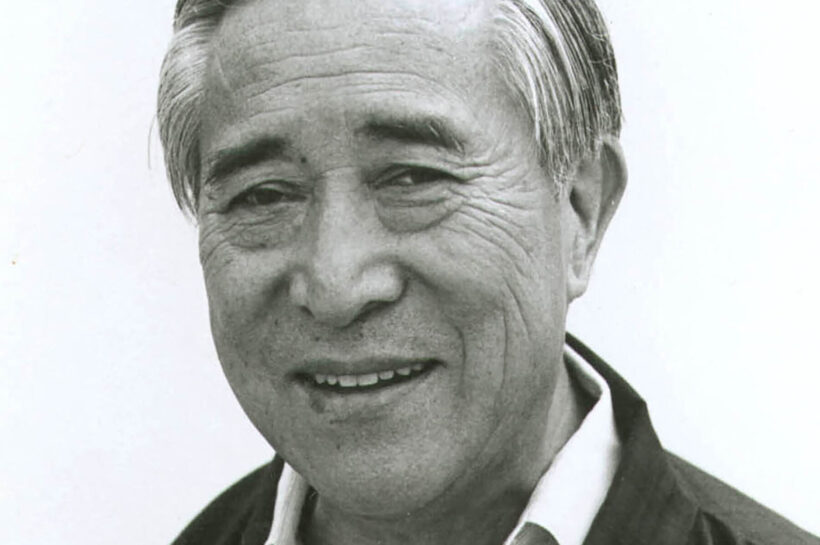Contents
Summary
As Elon Musk and Ron Paul advocate for ending U.S. foreign aid, 2025 begins with transformative discussions on accountability, corruption, and global responsibility.
Elon Musk and Ron Paul Rally Against Foreign Aid: A Bold Start to 2025
As the calendar flips to 2025, an unexpected alliance between billionaire Elon Musk and former Congressman Ron Paul has sparked a heated debate on the future of U.S. foreign aid.
Their shared position challenges decades of entrenched policy, fueling discussions about accountability, efficiency, and morality in international relations.
Elon Musk, who recently took the reins of the newly formed Department of Government Efficiency (DOGE), replied, “Ron is not wrong,” signaling his agreement and setting the tone for a potential seismic shift in U.S. policy.
DOGE and the Drive for Government Transparency
President-elect Donald Trump appointed Musk and entrepreneur Vivek Ramaswamy to lead DOGE, a department aimed at cutting inefficiencies and fostering a business-like approach to governance. DOGE’s mission, according to Trump, is to “drive large-scale structural reform.”
Ramaswamy also weighed in on the foreign aid debate, emphasizing the need for transparency:
“We need to scrutinize U.S. government funding of ‘non-government organizations.’ It’s an oxymoron that represents a waste of taxpayer dollars, but the real problem runs deeper: Americans deserve transparency on opaque foreign aid.”
Musk echoed these sentiments, adding that DOGE’s approach would focus on exposing inefficiencies and re-evaluating the purpose and allocation of foreign aid.
Foreign Aid: A Misnomer or a Necessary Evil?
Critics of foreign aid, including many online commenters, argue that it often functions as a form of institutionalized bribery.
One user on 9Gag, gray_man9h, encapsulated this sentiment:
“Foreign aid is rarely paid to help people. It’s just a PC term for bribe. You can’t put on the accounts ‘bribe,’ so they call it foreign aid… [It’s about] US companies operating abroad, greasing corrupt political wheels.”
This perspective resonates with a growing number of Americans who question whether foreign aid serves its intended humanitarian purpose or merely perpetuates corruption and dependency.
The China Comparison: A Different Model of Influence
The debate over U.S. foreign aid naturally invites comparisons with China’s approach to international development. While the U.S. often provides monetary aid, China invests directly in infrastructure, offering loans and resources in exchange for access to raw materials.
However, this model raises questions of its own. What happens when resources are depleted, or when nations can no longer pay their debts? The consequences of this hands-on exploitation could lead to long-term economic instability and humanitarian crises.
What’s Next for U.S. Policy
While the criticism of foreign aid grows, so does the ethical dilemma. If the U.S. and other nations withdraw financial support, what happens to countries facing dire poverty, natural disasters, or political instability? Will the world stand by as millions suffer, or will alternative models emerge?
Elon Musk’s and Ron Paul’s calls for change could signal a broader reevaluation of how nations balance their moral obligations with fiscal responsibility. Regardless of the outcome, 2025 has already begun as a year of transformative debate and policy shifts.
Source: Fox









